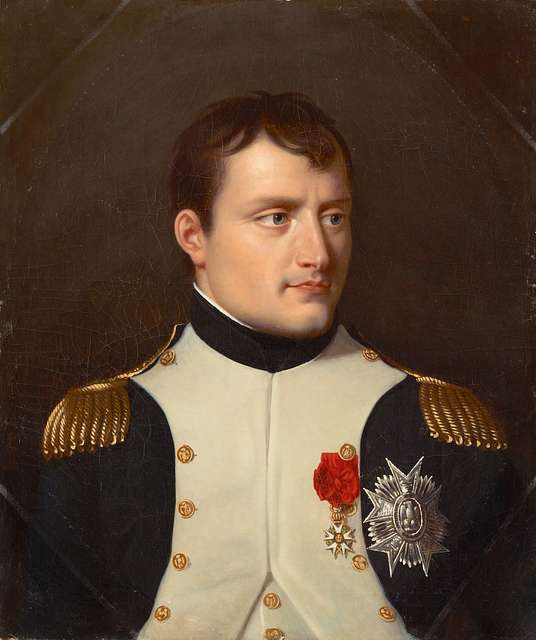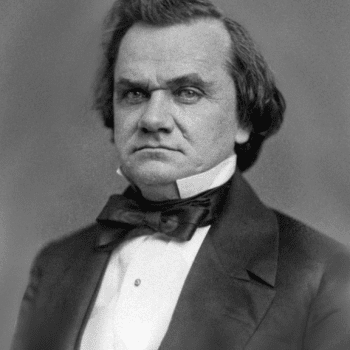I’ve been reading about Napoleon, so I had to see the movie directed by Ridley Scott. What a disappointment!
As other critics have noted, the movie’s portrayal showed no reason why the people of France–or even Josephine–found him so compelling. There is no trace of his vaunted charisma or his powerful and persuasive personality. Joaquin Phoenix is a good actor and he could have chewed up the scenery with a role like that, but his director must have held him back, wanting to portray the Emperor of France and much of Europe as a petulant, sulking bore.
Critics have praised the battle scenes, but I was disappointed even with those. I have never yet seen a film that portrayed 19th century battles with the massed formations and troop movements that were central to early warfare. Instead, we get individuals sword fighting or shooting at each other, which happened, of course, but with no sense of the bigger picture.
The movie’s depiction of the Battle of Austerlitz focused on cannonballs breaking the ice on a vast frozen lake that the Russians and Austrians were standing on, plunging them into the icy waters to drown. That was a cool visual effect, to be sure, that did convey how grisly war can be. Something of that happened at Austerlitz, with troops that were standing on frozen ponds, but it was on a far smaller scale than the movie showed.
But the way Napoleon used his military genius to win the battle despite being outnumbered by two other emperors, was to have the middle of his lines fall back under the allied attack as if they were defeated. Whereupon his two flanks moved to encircle the attackers as the middle turned around to counterattack, resulting in a total defeat of two armies. Showing that would have made great cinema.
The biggest problem of the movie, though, is that it conveyed nothing about why Napoleon was so important and the impact that he had not only on France but on Europe. And we need to come to grips with that today because, in our current illiberal mood on both the right and the left, many are yearning for and opening themselves up to a Napoleonic figure to put things to rights.
The French Revolution degenerated into a chaotic Reign of Terror, but then Napoleon, a young army officer who rose through the ranks on his own merits as opposed to the previously prevailing rights of aristocracy, took power and imposed order. (No society can exist under anarchy. There must be social order.) But Napoleon still believed in the “liberty, equality, fraternity” ideals of the Revolution.
In defending France from the European powers who sought to bring back the Bourbon king, Napoleon defeated them–all pretty much but England–and in the lands that he conquered he imposed the new “liberal” ideals. With the defeat of Austria at the Battle of Austerlitz we just discussed, Napoleon abolished the Holy Roman Empire. (Lutherans should appreciate that!) He basically dismantled what remained of the feudal system throughout Europe. He abolished the privileges of the nobility, making everyone equal before the law. And he drew up a law, the Napoleonic Code, which replaced unwritten customs with a written legal system, one that protected private property, defined contract law, guaranteed civil liberties including religious freedom, provided for the prosecution of crimes, and would serve as the main alternative to England’s “common law” tradition to this very day.
When Napoleon lost much of his army in a futile attempt to conquer Russia in winter, he was deposed and went into exile on the Mediterranean island of Elba. But after nine months, he escaped, went back to France, and was embraced again by the public and by the army, sending the restored Bourbon king running off again and recommencing his wars.
When he was finally defeated by British and Prussian forces at Waterloo, Napoleon was once again sent into exile, this time to an island farther away, St. Helena, a thousand miles west of Africa in the Atlantic, this time guarded by 2000 British troops. Six years later, he died at the age of 51.
But after his death, there was little interest in restoring the Holy Roman Empire or in rebuilding the feudal system. And pretty much every country that had been put under the Napoleonic Code kept it. And still follow it to this very day.
Napoleon was complex, as is his legacy. He was a liberal dictator, an absolute ruler who promoted freedom, someone who seized power for himself and then used it to impose the rule of law. He was an individual who changed entire cultures and social systems according to his will. He was a great leader by every definition, but he led thousands of his followers into death and slaughtered thousands more. Historians estimate that he was responsible for the deaths of between three and six million people.
Napoleon embodies the deceiving dream that a strong ruler will save us, that a brief and temporary state of tyranny is all we need to solve our problems and usher in a social utopia, that we can conquer people in order to help them, that we can dominate people for their own good. He embodies the political temptation of dictatorship for a good end. Napoleon was complex, but we must beware lest we develop our own Napoleon complex.
Portrait of Napoleon by Robert LeFevre (1850) via PICRYL, Public Domain


















